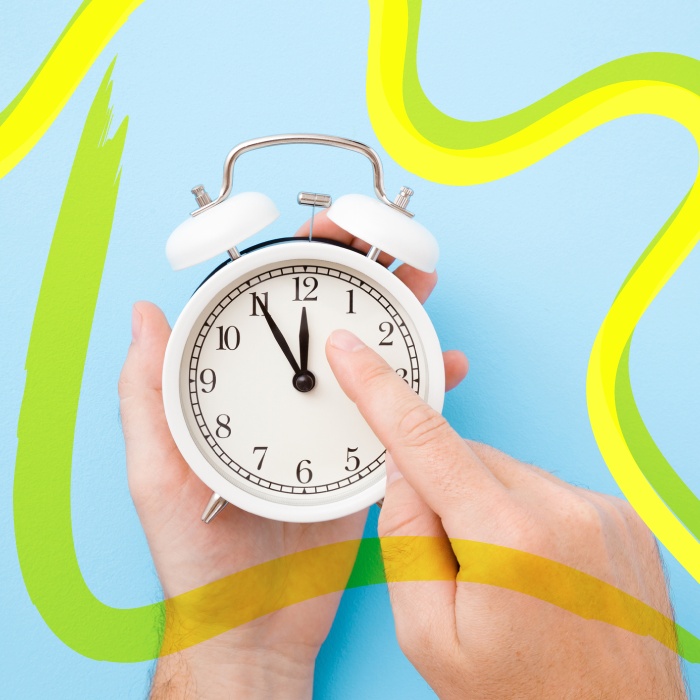
“We are routine beings, and arguably even more so at this time. And this is normal, although our brain likes to be surprised, it needs routine to avoid overheating, ” states Valentin Wyart, the acclaimed neuroscientist of École Normale Supérieure of France. Even more so nowadays, the routine allows us to structure ourselves when we have just spent a highly unstructured year with difficulties in planning. He affirms the restorative quality of routine in one’s daily life :
These routines that we put in place allow at least the projection in the very short term: knowing what we are going to do next weekend, that we have sport on Saturday morning and that we go to the market on Sunday. It’s reassuring, structuring and it saves time.
Routine does not decrease freedom, it increases it.Once you have adopted a routine, the behaviors become automatic. It saves time and leaves room for the unexpected.
It relieves our brain.
Marking the extraordinary expertese of the brain in reorganizing, adapting and in simplifying the complex tasks, Valentine Wyart explains :
The brain must manage limited cognitive resources as efficiently as possible. Routine is an essential mechanism for our mental survival to delegate repeated and simple decisions, and to be able to focus our attention on important decisions. For example, the daily actions that we do every morning (getting up, brushing teeth, having breakfast, dressing …) are actions that can be done completely automatically and which are repeated every day without any threat or danger.
But if we have to adapt to an unforeseen situation, we must recruit different regions in the brain. The brain circuits for routine automatic decisions are partially different from the circuits used for voluntary controlled decisions. “The latter are much more energy-consuming, so they should be used sparingly :
Being able to adapt to changes, getting out of the routine has a big cost for the brain. It’s something one can’t do all the time. The brain is constantly making compromises between deciding quickly and deciding better. To take a risky choice that can pay off more, make a less risky choice which will pay less…One has to safeguard a point of balance. The brain is not at all capable of doing all or nothing.
Fanny Jacq, psychiatrist and director of mental health care unit explains the effects of confinement on our lifestyles:
We have shifted our times of getting up and going to bed. We no longer have lunch at fixed times, because the lunch break with colleagues had disappeared. We stopped doing our weekly activity because we said to ourselves that we would do a little bit every day … In terms of hygiene of life, all these routines are extremely important. They are essential to regulate our biological clock and restore our balance day by day, especially when times get turbulent.
Research agrees on doing the same activity regularly each day saves energy, relieves the brain, regulates affect, helps focusing our thoughts and has a restorative effect on one’s overall balance. Mental, psychological and physical components of one’s being are harmoniously reconsolidated through these daily activities. Confidently, we can count on our good friend, routine.
Duygu Bruce
Fanny Jacq, psychiatrist, director of mental health at Qare, Valentin Wyart, Inserm researcher and lecturer at the École Normale Supérieure PSL , from the interview by Thomas Chauvineau on France Inter, February 17, 2021







